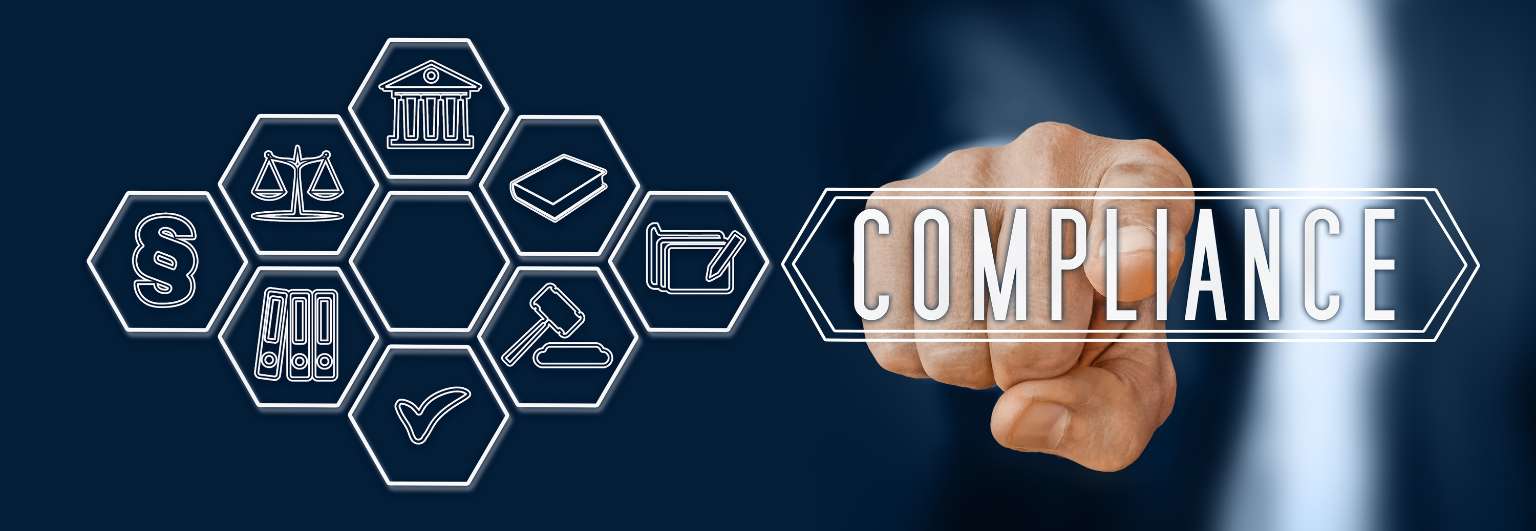
10 Feb Human Resources: Legal Requirements & Compliance
HR legal requirements and compliance is crucial for any organization. From hiring practices to employee benefits and workplace safety, businesses must follow a number of laws and regulations to minimize risks and protect both their employees and the company. Non-compliance could lead to fines, lawsuits, and damage to reputation, which makes identifying and managing risks an important part of doing business.
The Importance of HR Compliance
HR compliance refers to a wide range of legal obligations, including labor laws, anti-discrimination policies, safety regulations, and employee rights. Employers are responsible for ensuring:
- Fair Hiring Practices: Companies must follow Equal Employment Opportunity (EEO) laws and avoid discriminatory hiring practices based on race, gender, age, or disability.
- Wage & Hour Compliance: Compliance with minimum wage laws, overtime regulations, and proper classification of employees (exempt vs. non-exempt) prevents wage disputes and potential lawsuits.
- Workplace Safety: Compliance with Occupational Safety and Health Administration (OSHA) standards helps prevent workplace injuries and ensures a safe working environment.
- Employee Benefits & Rights: Providing mandatory benefits such as workers’ compensation, family and medical leave, and retirement plans in accordance with the law protects both employees and employers.
- Termination Procedures: Ensuring fair dismissal processes and proper documentation can help prevent wrongful termination claims and employment-related lawsuits.
Identifying Risks: Why It Matters
Many businesses unknowingly expose themselves to HR-related risks with gaps in their policies, being outdated with procedures, or having lack of proper training. By identifying these risks, organizations can implement strategies to mitigate them, ultimately reducing the likelihood of accidents, claims, or legal actions. Benefits of risk identification include:
- Proactive Problem-Solving: Addressing risks before they escalate helps prevent costly legal disputes and fines.
- Improved Workplace Culture: Ensuring compliance fosters a fair, inclusive, and legally sound work environment.
- Financial Protection: Avoiding non-compliance penalties safeguards the company’s financial health.
- Enhanced Employee Trust: Employees are more likely to remain engaged and productive when they feel secure in a compliant workplace.
HR legal requirements are constantly changing and evolving, making risk assessment and compliance efforts essential. Business leaders should regularly review HR policies, provide employee training, and consult with risk advisors to develop effective strategies for reducing, preventing, or transferring risks.
Take our Intelligent Quotient for Risk Management assessment – a quick non-invasive tool that takes less than 5 minutes to complete. You’ll receive a free evaluation score to see how effectively your business handles HR legal requirements.
We are here for you for all your insurance needs.
To discuss your options, contact one of our talented Risk Advisors today!


No Comments